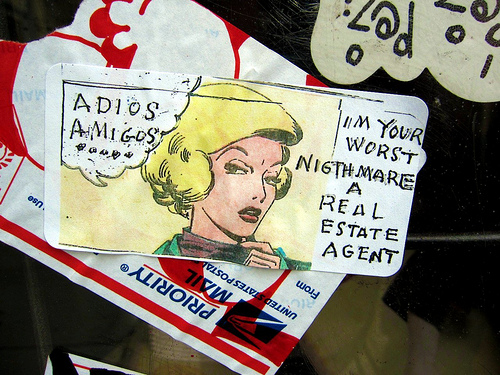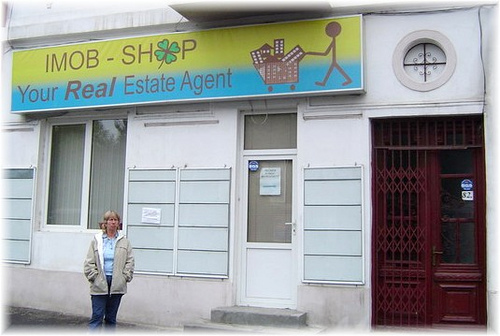Individuals create LLCs, same with corporations, for ownership and investment purposes primarily to enjoy limited liability. If you invest $10 in an LLC and someone gets a huge judgment against the LLC, the most you could lose is your investment -the $10. The judgment creditor would not be able to come after you personally to collect the balance of their judgment. However, not all LLCs or corporations have assets from which a judgment may be collected. Sacramento area business and real estate attorneys are occasionally asked by clients withe judgments what can be done to go after the members, managers, directors or shareholders. As one group of LLC members recently discovered, if the LLC’s distributions to them leaves the LLC penniless and essentially dissolved, the creditor may collect from the members.
 In CB RICHARD ELLIS, INC. v. TERRA NOSTRA CONSULTANTS, the real estate broker was seeking their commission on sale of 38 acres in Murrieta for $11.8 million. While the broker had the property listed, the buyer made an offer. Before closing, either the listing ended or the LLC which owned the property fired the broker, it was not clear. The sale closed. A few days after the cash went from escrow to the seller LLC’s bank account, it all left the account and was distributed to the members. The broker arbitrated its dispute with the LLC (because there was an arbitration provision in the listing agreement) and obtained a judgment against the LLC. But, of course, the LLC had no money.
In CB RICHARD ELLIS, INC. v. TERRA NOSTRA CONSULTANTS, the real estate broker was seeking their commission on sale of 38 acres in Murrieta for $11.8 million. While the broker had the property listed, the buyer made an offer. Before closing, either the listing ended or the LLC which owned the property fired the broker, it was not clear. The sale closed. A few days after the cash went from escrow to the seller LLC’s bank account, it all left the account and was distributed to the members. The broker arbitrated its dispute with the LLC (because there was an arbitration provision in the listing agreement) and obtained a judgment against the LLC. But, of course, the LLC had no money.
The broker than filed suit against the members. Its argument was in the Corporations code, which provides for liability in the event the entity has been dissolved. Applicable was the old Section 17350 (which was replaced by the equivalent section 17707.07) provides:
(a) (1) Causes of action against a dissolved limited liability company, whether arising before or after the dissolution of the limited liability company, may be enforced against any of the following:
(A) Against the dissolved limited liability company, to the extent of its undistributed assets, including, without limitation, any insurance assets held by the limited liability company that may be available to satisfy claims.
(B) If any of the assets of the dissolved limited liability company have been distributed to members, against members of the dissolved limited liability company to the extent of the limited liability company assets distributed to them upon dissolution of the limited liability company.
 It was subsection (B) that the broker was looking at -over $11 million was distributed to the members. But, argued the members, this code section only applies when the corporation had been dissolved. Another section of the corporations code (old 17355, now replaced by 17707.1 ), states that an LLC shall be dissolved when it provides so in the operating agreement, when the members vote to dissolve, or a court issues a decree of judicial dissolution. None of these formal steps had occurred!
It was subsection (B) that the broker was looking at -over $11 million was distributed to the members. But, argued the members, this code section only applies when the corporation had been dissolved. Another section of the corporations code (old 17355, now replaced by 17707.1 ), states that an LLC shall be dissolved when it provides so in the operating agreement, when the members vote to dissolve, or a court issues a decree of judicial dissolution. None of these formal steps had occurred!
The Court of appeal said get lost. The purpose of section 17350 was designed to prevent unjust enrichment of LLC members, when the members have received assets which the LLC needs to pay creditors. Here, there was a de facto dissolution, and the broker could make the claim against the creditors. Otherwise, an LLC could be free to distribute all its assets, and then the next day vote to dissolve, with the members escaping free and clear.
Photos:
https://www.flickr.com/photos/kayveeinc/3888284344/sizes/m/
https://www.flickr.com/photos/4blogs/3207629320/sizes/m/
 California Real Estate Lawyers Blog
California Real Estate Lawyers Blog

